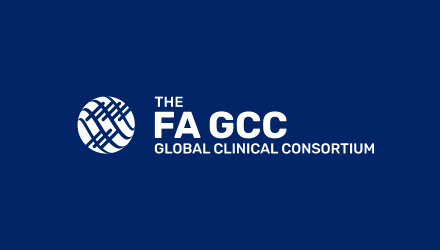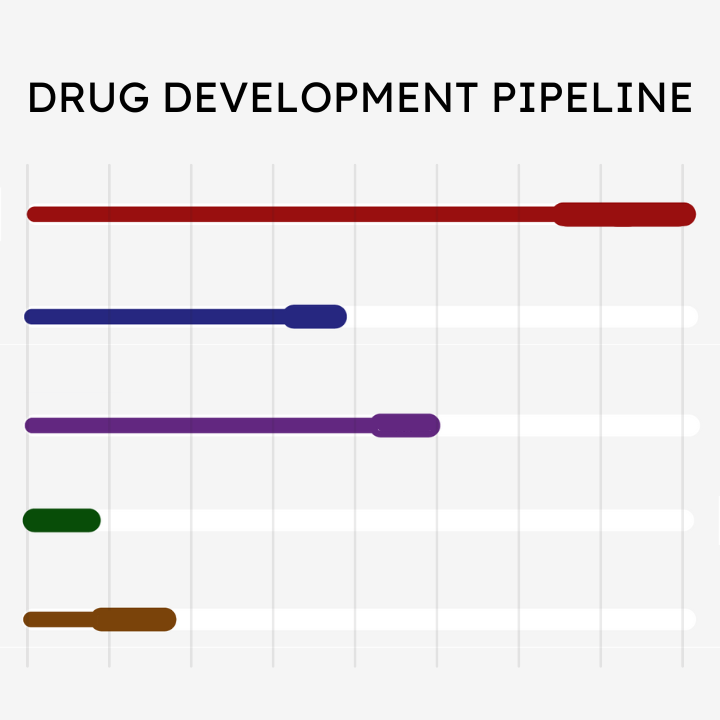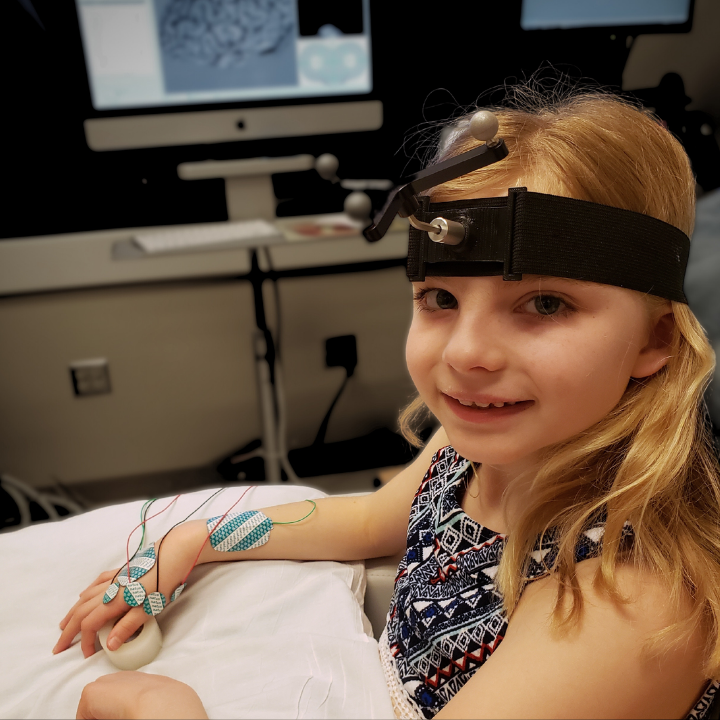FARA supports research through funding competitive grants across the spectrum from basic research through drug development and clinical research programs in Friedreich’s ataxia (FA). FARA promotes collaboration among scientists, advocates for public-private partnerships, and hosts open forums for leading scientists to share their insights and ideas to advance therapeutic development for FA.
All investigators interested in FA-related research are invited to submit a Letter of Intent (LOI) through FARA’s grant submission portal. All proposed research must fall within FARA’s Grant Program Priorities.



